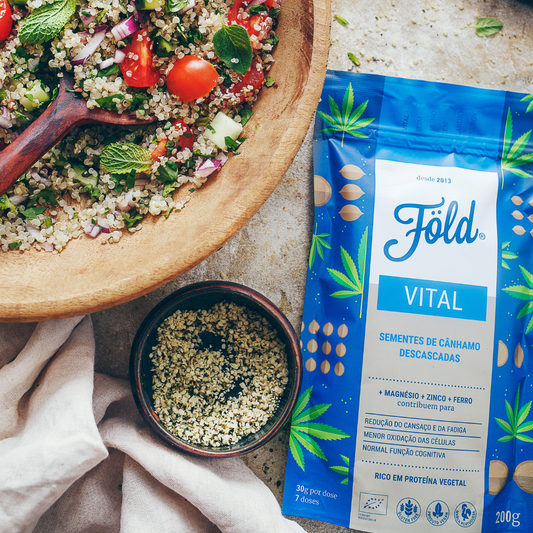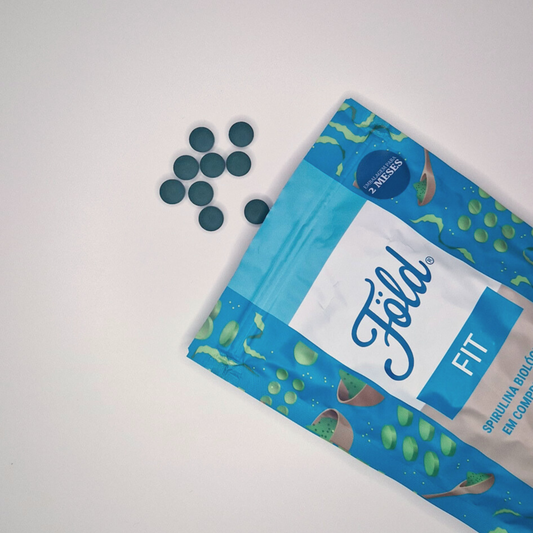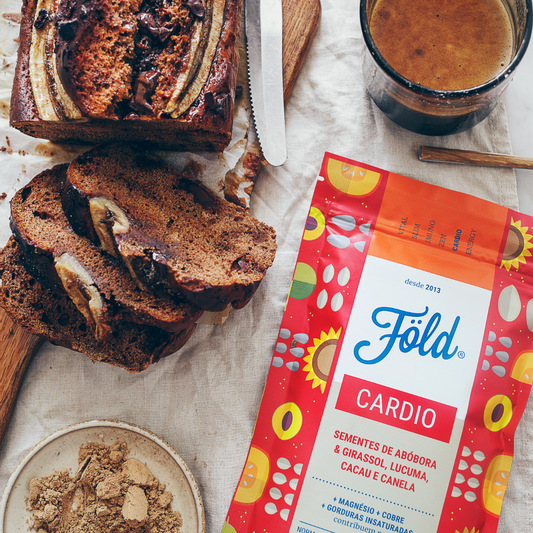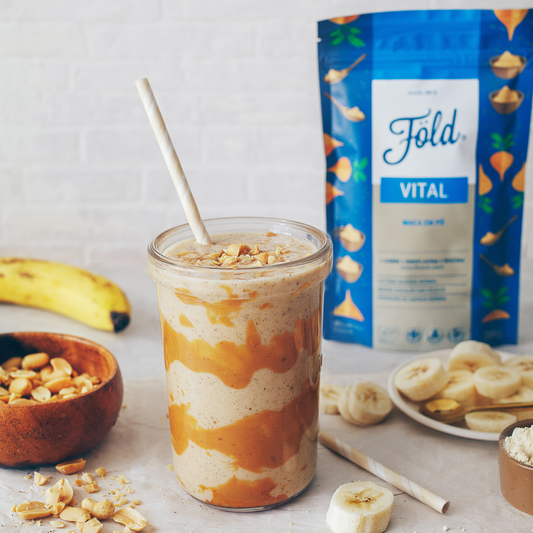Vegetarianism, veganism and flexitarianism are terms widely used nowadays, which, as they are considered new and recent, can cause doubts.
All of these terms are types of diet, each with specific characteristics.
If you want to change consumption habits, improve your lifestyle, while helping the planet, get to know these three solutions and find out which one you identify with most.
A vegetarian diet is a diet where the consumption of meat and fish is completely excluded. However, the remaining products of animal origin remain present, such as eggs, honey, milk, cheese, among others.
On the other hand, vegans exclude not only meat and fish from their personal diet, but also all foods that have animal origin, making their diet based on fruit, vegetables, legumes, nuts, cereals and seeds.
Flexitarian eating, on the other hand, does not tend to eliminate any food product from an individual's daily life, but rather seeks to look for alternative vegetable proteins, in order to reduce the consumption of products of animal origin, thus increasing the consumption of vegetables.
But, there is something that all these diets have in common.
The adoption of any of these types of food can reflect the intention of avoiding the unnecessary death of animals and the urgency of helping the planet by reducing pollution and the use of resources. Of course, other reasons may be associated, such as the need to change your diet due to health problems or following beliefs.
To make the matter even clearer, we can organize the different diets from the most restricted to the least. In this case, Veganism appears as the most restricted diet of the three, followed by Vegetarianism and finally, the least restricted, Flexitarianism.
It's never too late to change. However, if you want to change or adapt your diet and follow any of these diets, we advise you to consult your doctor or nutritionist, so that everything goes perfectly and there is no lack of any type of food or nutrient.
























